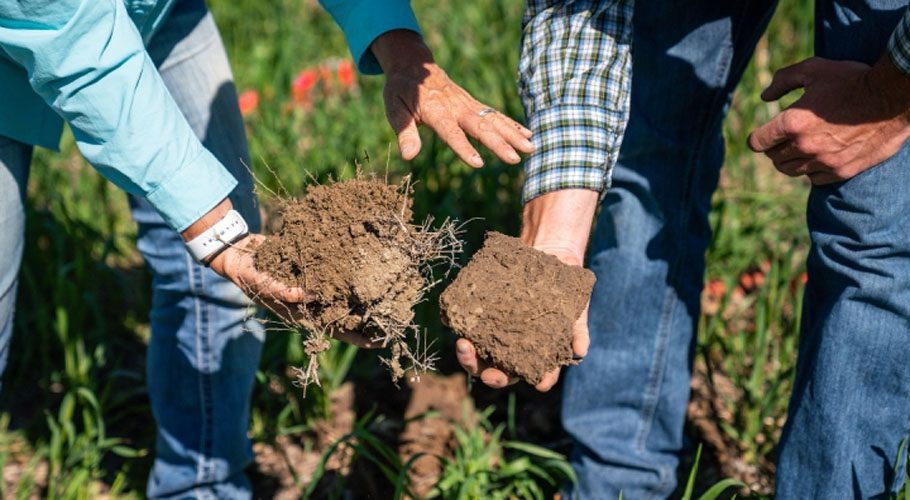WASHINGTON: National Aeronautics and Space Administration (NASA) has revealed that climate change can impact crops production worldwide drastically within the period of 10 years.
According to a study conducted by NASA, climate change can impact the global production of maize (corn) and wheat as early as 2030 under a high greenhouse gas emissions scenario. The study reveals that the maize crop could see a decline of 24% while, wheat could potentially see a growth of about 17%.
Moreover, by using advanced climate and agricultural models during crops production scientists found that the change in yields is due to increases in temperature, changes in a shift of rainfalls, and other climatic effects which could impact crops production. These changes would make it more difficult to grow maize in the tropic areas but could expand wheat’s growing range.
Read also: NASA to measure pulse of Mars through its seismic meter
A crop modeler and climate scientist at NASA’s institute said, “We did not expect to see such a fundamental shift, as compared to crop yield projections from the previous generation of climate and crop models conducted in 2014”. While stating that maize projected response was negative he said, “A 20% decrease from current production levels could have severe implications worldwide.”
However, to indulge deeper into revelations scientist used two methods of studying the crops projection, in the first method they used climate simulation models which runs their own unique response of Earth’s atmosphere to greenhouse gas emission scenarios through 2100.
In the second method, the research team used the climate model simulations as inputs for 12 state-of-the-art global crop models. These crop models simulate on a large scale how crops grow and respond to environmental conditions.
Read also: NASA discovers first planet outside Milky Way galaxy
A co-author of the study Alex Ruane said, “What we’re doing is driving crop simulations that are effectively growing virtual crops day-by-day, powered by a supercomputer, and then looking at the year-by-year and decade-by-decade change in each location of the world”.
Meanwhile, with the help of this study scientists looked at changes to long-term average crop yields introduced a new estimate for when climate change impacts crops production. As they found that soybean and rice projections showed a decline in some regions but at the global scale the different models still disagree on the overall impacts of climate change.
While, the temperature is not the only thing that affects crops’ yield adding to that higher levels of carbon dioxide in the atmosphere have a positive effect on photosynthesis and water retention, increasing crop yields globally.




































